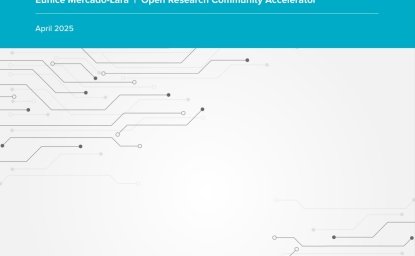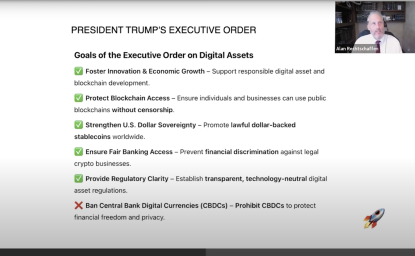Washington, D.C. – The Woodrow Wilson International Center for Scholars hosted a seminar today to examine pervasive computing -- the underlying technologies and public policy implications. This was the first in a series of seminars being organized by the Center’s Foresight and Governance Project to help familiarize public sector decisionmakers with emerging information technologies. The series is being supported by the IBM Corporation.
 Video of Seminar---High Bandwidth in Real Player
Video of Seminar---High Bandwidth in Real Player
 Video of Seminar---Low Bandwidth in Real Player
Video of Seminar---Low Bandwidth in Real Player
 Video of Seminar--High Bandwidth Windows Media Player
Video of Seminar--High Bandwidth Windows Media Player
 Video of Seminar---Low Bandwidth Windows Media Player
Video of Seminar---Low Bandwidth Windows Media Player
Pervasive computing has emerged as a new computing paradigm, reinventing core end-to-end business processes, which will shape the evolution of information and telecommunications technologies over the next decade.
"Pervasive computing will play a significant role in the new era of on-demand computing as momentum builds for the IT industry to cooperate toward building an open wireless ecosystem," said Rodney Adkins, General Manager, IBM Pervasive Computing. "Customer benefits will be improved efficiency and ROI, and expanding markets based on the enabling of on-demand services." Adkins, who spoke at the seminar, is responsible for IBM's mobile e-business unit and various forms of pervasive computing, including wireless, portals, voice, embedded software and hardware technologies.
Also speaking was Prof. Victor Zue, Director of the MIT Laboratory for Computer Science. Zue chairs the steering committee for MIT's Project Oxygen that is developing technologies for pervasive, human-centered computing. "Technologies will soon transport us into a world in which computing and communication will be plentiful, transparent, and indispensable, much like the oxygen in the air we breathe. But we must make sure that computers will serve human needs, and not the other way around."
As computation moves off our desktop into the world around us, policymakers will face potential issues ranging from allocation of spectrum to privacy protection. Joining the conference via a live video link from the University of California at San Diego was Dr. David Brin, noted science fiction writer and author of The Transparent Society: Will Technology Force Us to Chose between Privacy and Freedom. "A world of pervasive computing will challenge human adaptability. Databases will expand memory while ubiquitous cameras let us see everywhere – and be seen. Our mechanical servants will start to think, and possibly complain. Such times will call for agility."
"Given the speed of technological change, the future of computing will arrive sooner than we think. All of us have an obligation to try to understand these changes and their policy implications in advance,” added Lee H. Hamilton, President of the Wilson Center.
A white paper on pervasive computing written by Dr. M. Mitchell Waldrop, whose recent books include Complexity and The Dream Machine: J.C.R. Licklider and the Revolution That Made Computing Personal is available in box at right and at www.futureofcomputing.org.




